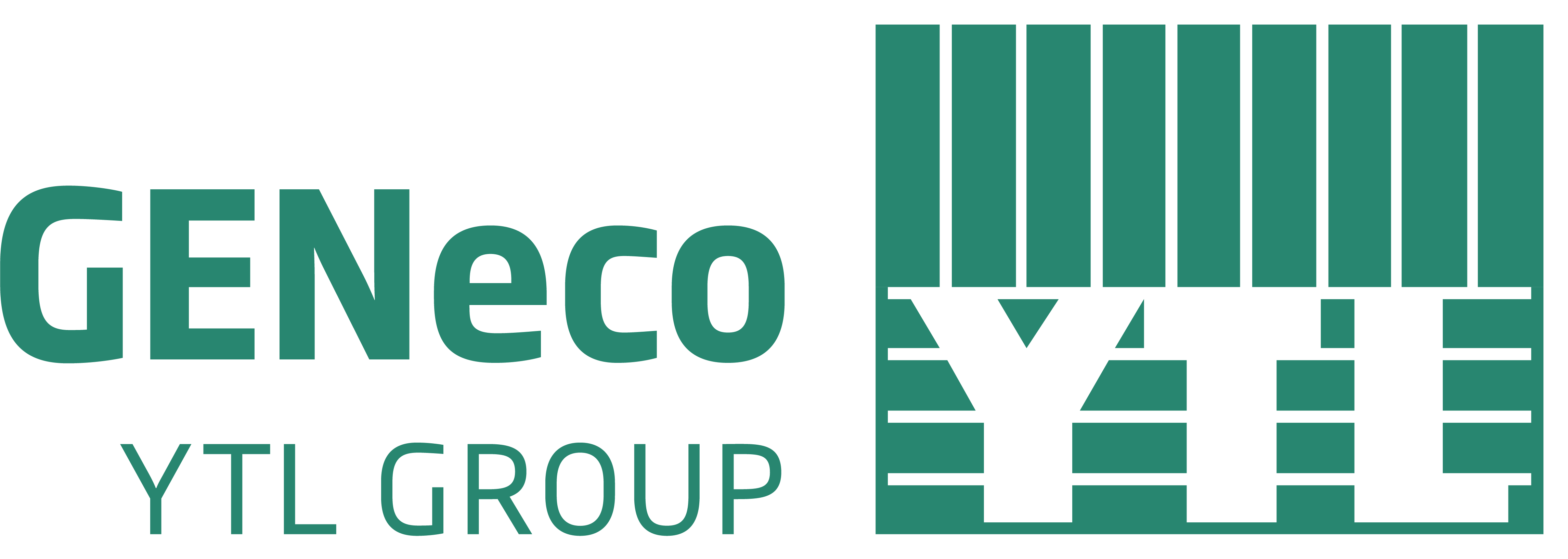Biosolids Recycling: Closing the loop
Each year, we recycle more than 230,000 tonnes of ‘biosolids’ from sewage treatment works across the Wessex Water region as an end product of the separate anaerobic digestion of sewage sludge and food waste. These biosolids provide a cost-effective alternative to bagged fertiliser and play a vital role in enhancing soil structure and fertility of agricultural land.

These biosolids provide a cost-effective alternative to bagged fertiliser and play a vital role in enhancing soil structure and fertility of agricultural land.
During the digestion process, biosolids we produce are further treated by screening and dewatering. The resulting reduction in pathogens is a requirement of the Safe Sludge Matrix and produces a more stable product that can be spread close to houses.
Complete service
We offer a complete agronomic service, utilising Dampney’s Agri Environmental for the hauling and spreading, at an average cost of £4.75/t. This service is available across the Wessex area, between Wantage, Christchurch and Minehead. With a standard application rate of 19t/ha the total cost is £90.25/ha, with the soil also benefiting from 2.34t/ha of organic matter.
Biosolids can provide replacement phosphate for normal crop off-take in year one and residual availability for the following 2-3 years. Based on bagged fertiliser values, the total value over two years equates to £130.32/ha and represents a saving of £40/ha over bagged fertiliser.
According to Neil Sims, biosolid recycling controller, one of the other benefits is improved soil structure.
He said: “A lot of our customers used to have dairies and are now trying to get organic matter and trace elements onto their farms. Increasing the organic matter helps improve soil structure, giving plants better roots and helping them to yield more.”
Due to the nature of biosolids the Safe Sludge Matrix places limitations over when and where they can be spread, and the crops they can be used on. For example, there are restrictions on use in nitrate vulnerable zones and under cross-compliance regulations, as well as on grazing land and food crops.
Contributing to a sustainable future
As well as providing a benefit for agriculture, biosolids have an important role to play in sustaining a circular economy. Sean Hill, director of waste management, explains.
“The recycling of sewage sludge into agriculture is recognised by the UK government and the EU as the best environmental option for this type of material. Not only does it divert material away from landfill, but it supplies essential nutrients back into soil.”
“It means that we have effectively closed the loop between food waste, sewage and agriculture and provides a successful blueprint for sustainable future for this planet.”
| Nutrient | kg/t | Availability (%) in first year of application | Availability (%) in second year of application |
| Nitrogen | 11.09 | 15 | 8 |
| Phosphate | 12.03 | 50 | 25 |
| Potash | 0.24 | 90 | 10 |
| Suphur (suphate) | 3.54 | 30 | 10 |
| Magnesium | 0.59 | - | - |
If you would like to know more about our biosolids products and service, then do get in touch on 01225 524560 or email info@geneco.uk.com and speak to your regional biosolids recycling controller.
